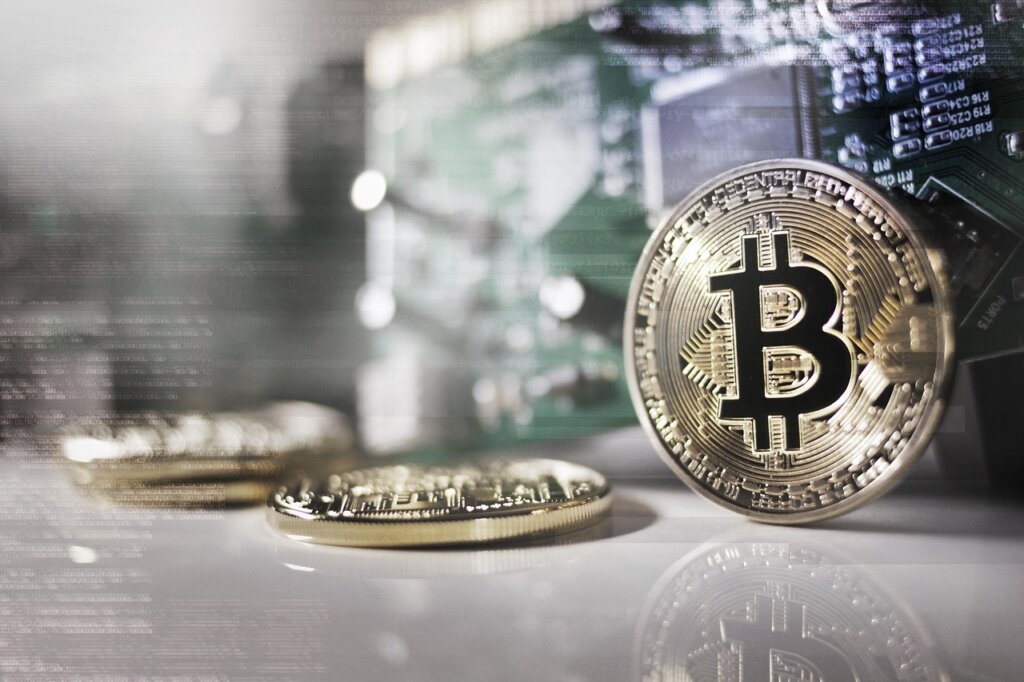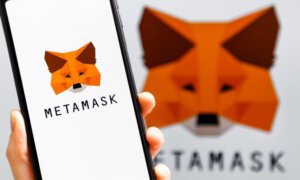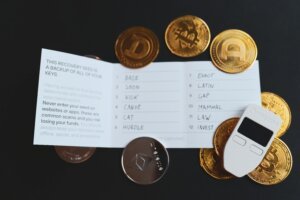How to Buy Bitcoin Anonymously (Legally)
Bitcoin was created to give people financial sovereignty—yet today, most exchanges force you to surrender your identity. If you value privacy, security, or freedom from surveillance, you might wonder:
Can you still buy Bitcoin anonymously?
The answer is yes—but it requires careful methods to stay within legal boundaries.
This guide covers:
✔ Legal ways to buy Bitcoin without KYC (No-ID methods)
✔ Best anonymous Bitcoin exchanges & marketplaces
✔ How to maximize privacy (avoiding tracking)
✔ What to avoid (illegal pitfalls)
✔ Tax & compliance considerations
Why Buy Bitcoin Anonymously?
Buying Bitcoin anonymously appeals to many people for a variety of reasons—mostly tied to privacy, security, and financial freedom. In a world where almost everything is tracked, some users prefer to keep their financial activities private. Others may live in countries with strict regulations, lack access to banking services, or simply can’t complete traditional KYC (Know Your Customer) processes due to documentation issues or personal circumstances. Buying anonymously allows them to still participate in the Bitcoin network. It’s not always about hiding something—it’s about maintaining control over your financial life without handing over sensitive personal data to third parties. For many, it’s a step toward greater digital independence.
Is Buying Bitcoin Anonymously Legal?
In most places, yes—it’s legal to buy Bitcoin without sharing your identity. But there are a few things to keep in mind. Even if you buy privately, many countries still expect you to report your crypto for taxes. Also, big cash trades or certain anonymous methods might raise eyebrows because of anti-money laundering rules. And depending on where you live, some peer-to-peer platforms might be restricted or even blocked.
So while buying Bitcoin anonymously is usually okay, it’s always a good idea to check the rules in your country first—just to stay on the safe side.
Five Legal Ways to Buy Bitcoin Anonymously
Buying Bitcoin without handing over your passport or uploading a selfie? Yep, it’s possible—and legal in many countries, as long as you follow local laws. Below are five popular methods for purchasing Bitcoin with little to no identity verification. Each comes with its own pros, cons, and platforms worth exploring.
1. Bitcoin ATMs (No-KYC Options)
Bitcoin ATMs let you walk up, insert cash, and receive Bitcoin directly to your wallet—no ID needed if your transaction stays under a certain limit (varies by country). These machines are fast and easy to use, especially if you’re new to crypto. You’ll often find them in convenience stores, gas stations, or malls.
However, be prepared for high fees, often ranging from 5–15%, and know that many ATMs have surveillance cameras for security (which could still link your face to the transaction).
To find a no-KYC Bitcoin ATM near you, check out CoinATMRadar, and filter results by “No ID Required”.
2. Peer-to-Peer (P2P) Marketplaces
P2P platforms let you buy Bitcoin directly from other people—no banks or middlemen involved. You choose a seller, agree on terms, and complete the trade. Many platforms offer non-custodial escrow, so the platform doesn’t hold your funds. You can often choose from dozens of payment methods, from PayPal and gift cards to in-person cash meetups.
Here are a few standout P2P platforms:
- LocalBitcoins: One of the oldest and most well-known P2P Bitcoin marketplaces.
- Bisq: A fully decentralized, open-source P2P app that works over the Tor network.
- Hodl Hodl: Offers multi-signature escrow with no KYC requirements.
- LocalMonero: Trade Monero (XMR) and swap it into BTC privately later.
While P2P gives you great flexibility and privacy, it can be slower than exchanges and requires caution—you’re trusting another individual, after all.
3. Cash Trades (In-Person)
For those who want complete privacy, meeting someone in person and trading cash for Bitcoin offers a 100% offline solution. You simply find a seller (through platforms like Bisq or LocalMonero), agree on an amount, and meet up to trade.
The biggest perk? There’s no digital trail—no banks, no email, and no tracking. But it’s also the riskiest method. Scams and safety concerns are real, so it’s important to meet in safe public places, like coffee shops or co-working spaces, and double-check wallet addresses before completing the deal.
This method is best for experienced users who are cautious and willing to take the time to verify everything themselves.
4. Privacy Coin Swaps (Monero → Bitcoin)
An increasingly popular method is to first buy Monero (XMR)—a privacy-focused cryptocurrency that’s easier to get anonymously—and then swap it for Bitcoin using decentralized tools.
You can buy XMR without KYC on P2P platforms, then use tools like:
- Haveno – a decentralized Monero-focused exchange
- ThorChain – allows cross-chain swaps
- Atomic Swaps – a trustless, peer-to-peer swap protocol
The benefit is high privacy thanks to Monero’s untraceable nature. But expect a few extra steps and possibly lower liquidity than mainstream platforms.
5. Decentralized Exchanges (DEXs)
If you already own some crypto (like Ethereum or Monero), you can use a DEX to trade for Bitcoin with no account, no sign-up, and no KYC. DEXs are platforms that run on smart contracts and let you trade wallet-to-wallet.
Some top no-KYC DEXs include:
- Bisq: Ideal for fiat-to-BTC trades
- Uniswap: Great for Ethereum-based tokens
- ThorChain: Supports cross-chain swaps like BTC to ETH
The downside? Most DEXs don’t support direct fiat deposits, so you need crypto to start. Also, platforms like Uniswap can hit you with high gas fees, especially during network congestion.
Comparison Table: Pros & Cons of Each Method
| Method | Pros | Cons | Best For |
|---|---|---|---|
| Bitcoin ATMs | Fast, no ID (under limit), cash-based | High fees, possible camera surveillance | Beginners who want a quick offline option |
| P2P Marketplaces | Flexible, global, no central authority | Slower, requires trust, risk of fraud | Users who want full control and payment options |
| Cash Trades (In-Person) | Full privacy, zero digital trail | Safety risks, hard to arrange | Privacy-focused users comfortable with face-to-face trades |
| Privacy Coin Swaps | Monero is highly private, decentralized | Extra steps, lower liquidity | Advanced users who value anonymity |
| DEXs | No sign-up, non-custodial, global access | No fiat support, gas fees | Crypto holders who want to stay anonymous |
How to Stay Anonymous (Advanced Tips)
To maintain privacy, always use a fresh wallet that isn’t linked to your identity—wallets like Electrum (with Tor) or Wasabi are great options. Use tools like CoinJoin to mix your transactions and avoid KYC exchanges when cashing out. Protect your online activity by routing connections through Tor or a no-logs VPN. For spending or cashing out, use services like Bitrefill or Purse.io, or convert your BTC to Monero for extra privacy.
What should Avoid
❌ Using stolen IDs (felony in most countries).
❌ Darknet markets (high risk of scams + illegal).
❌ Tax evasion (report holdings if required).
In short: Be smart, stay private—but don’t break the law to do it.
Conclusion: Privacy Is a Right
Buying Bitcoin anonymously isn’t about doing anything illegal—it’s about protecting your privacy in a digital world. For many, it’s a way to avoid surveillance, reduce exposure to exchange hacks, and keep personal finances private and under their own control.
If you’re new to this, it’s smart to start small and test out different methods before committing larger amounts. And while privacy is important, don’t forget to stay compliant with your local tax laws. Most importantly, always prioritize security—because in the world of crypto, convenience should never come at the cost of safety.
Disclaimer: This article does not constitute legal advice. Laws vary by jurisdiction—always consult a professional.







Comments